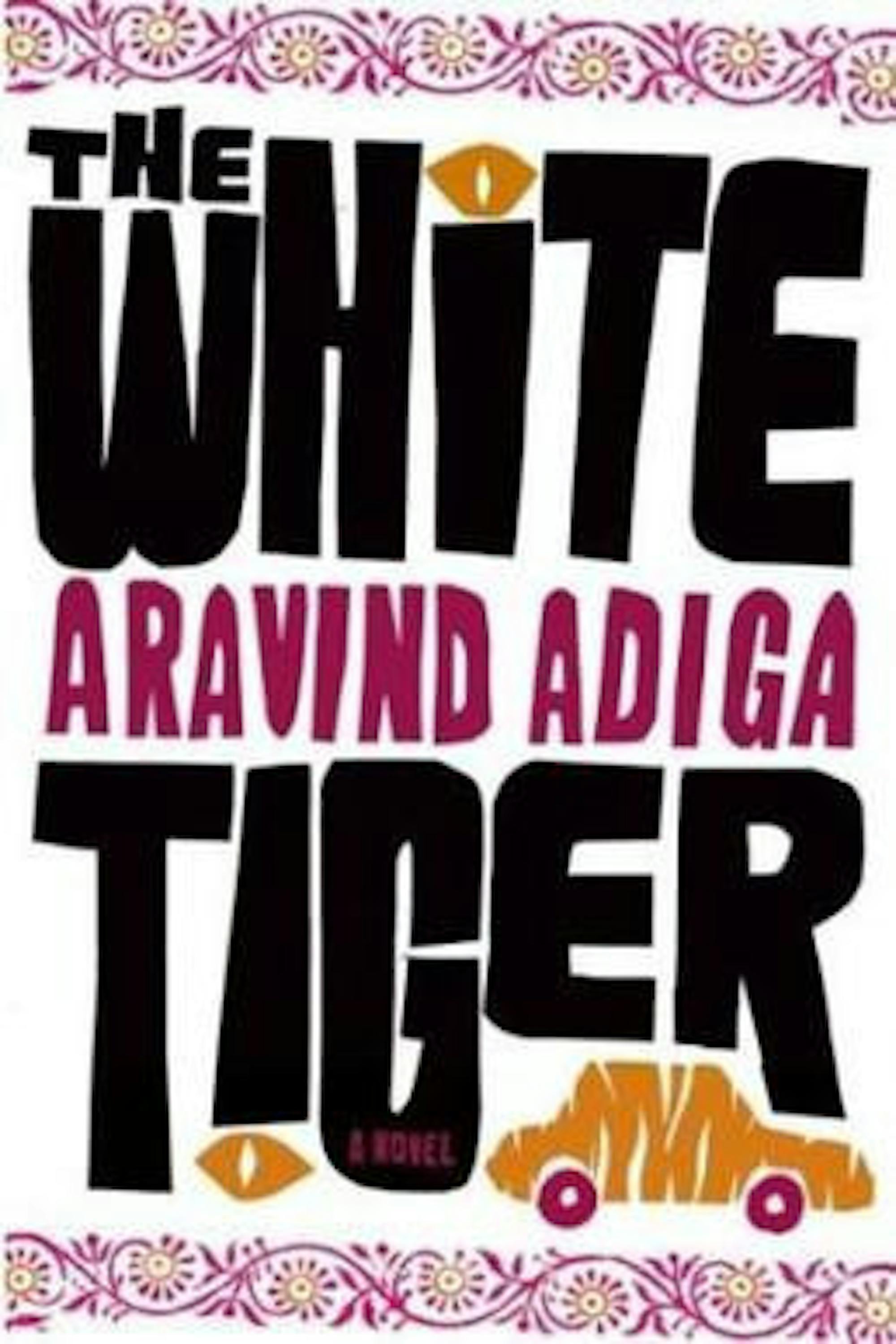Netflix’s “The White Tiger” (2021) adapts Aravind Adiga’s award-winning book of the same name (2008) almost too well. For the most part, sticking close to the novel’s events and language works. The movie effectively captures Adiga's vision of a piece of India — a dark story of soured class relations and corruption hiding under a facade of democracy. However, jamming so much of the original plot onto the screen also has downsides. Namely, the movie loses much of the book’s satirical humor and leaves many moments without sufficient context.
The story centers around Balram Halwai (Adarsh Gourav), a self-proclaimed Indian entrepreneur. It interweaves three stages of his life: childhood (portrayed by Harshit Mahawar) in a small village, working as a wealthy family’s driver and running his own business managing other drivers. Gourav’s acting is spot on. As a driver, he masks his inner resentment toward his employers for their mistreatment of him with innocence and subservience. Simultaneously, the expectation of being a good servant is so ingrained in Balram that he sometimes takes pride in it, and his desire to switch places with his boss Ashok (Rajkummar Rao) even manifests itself in homoerotic tension between the two.
Gourav displays a masterful balance of these many conflicting emotions perhaps nowhere better than in the scenes following the birthday of Ashok’s wife, Pinky Madam (Priyanka Chopra Jonas). Pinky gets drunk and accidentally runs over a child. In order to prevent her from getting caught, Balram insists they flee before someone sees them. He reassures Ashok that he will clean the evidence from the car, and he falls asleep with the “big contented smile that comes to a servant who has done his duty by his master even in the most difficult of moments.” In the morning, Ashok’s family responds by treating Balram unusually kindly, only to demand he take the blame for Pinky’s crime. Balram’s smile slowly fades in disbelief as he realizes this, and it’s clear how pained he is in forcing it back onto his face after Ashok’s family threatens to harm his own family should he refuse.
This leads Balram to the story’s namesake. He compares the system by which masters threaten servants’ families and keep them subservient despite terrible treatment to a coop where roosters passively await being butchered because they see no other choice. In order to escape, Balram must be “a freak, a pervert of nature … a white tiger.” The movie maintains these metaphors well with repetitive animal imagery. Like Bong Joon-ho's “Parasite” (2019), another social satire of the relationship between domestic workers and their employers, this movie doesn’t shy away from showing how Balram’s challenge to the class hierarchy inevitably ends with much blood spilled.
“The White Tiger” film fails at translating the often dark humor of the book onto the screen. Despite covering heavy topics, the book still manages to be quite funny, enhancing its satire with instances of absurdity. “Parasite” is a great example of how a film can do the same. But, “The White Tiger” falls short in this regard. There are some moments when Balram’s humor comes through, like at the beginning when he sarcastically ponders which foot of which god to pray toward. Overall though, this humor is much more sparse than in the book.
Additionally, the movie doesn’t criticize Western entrepreneurship as clearly as the book does, but does cast moral doubt on Balram’s entrepreneurship and shows him taking on similar characteristics as his previous masters.
"The White Tiger" also includes mentions of an international element with Balram seizing opportunities created by American outsourcing and narrating his story through emails with Chinese Premier Wen Jiabao (Aaron Wan). In fact, Balram warns, “White people are on their way out, you know. They’ll be finished within our lifetime. It’s the century of the brown man and the yellow man, and God save everybody else.” This is as much a threat that the tables are turning as it is an accusation that Western capitalists have created Frankensteins around the world. Balram’s relationships with his masters are a larger commentary on other countries responding to Western imperialism.
However, this double meaning may be lost on viewers who have not read the book, which explains the context left out of several scenes in the movie. For instance, the liquor bottle with which Balram takes revenge on Ashok in the movie is Johnny Walker because Ashok’s family preferred Western alcohol in the book. In the novel, Adiga suggests that even as India overthrew British colonialism, politicians perpetuated corrupt systems that the British put into place. The movie frequently points out corruption under the veneer of democracy but never directly connects it to colonialism as the book does. Without this context, the point of narrating through emails to the Chinese Premier, in which Balram observes, “the British tried to make you their servants, but you never let them,” gets lost in translation.
Consequently, this film adaptation of “The White Tiger” captures the original story’s essence without successfully explaining all of its implications. However, any adaptation faces trade-offs in deciding what to keep or discard, and this one does relatively well at minimizing the losses.






